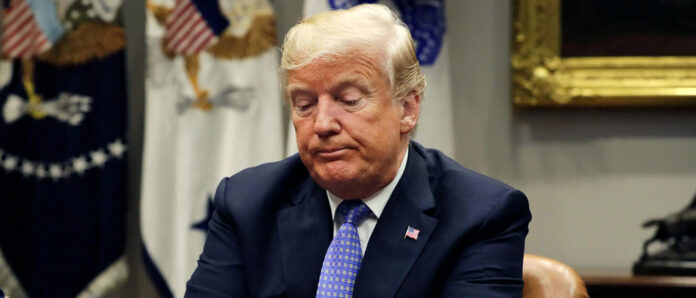German Chancellor Olaf Scholz on Monday said debates over the participation of German troops in a peacekeeping operation in Ukraine were premature, hours before his arrival in Paris for a key summit of European leaders.
At a campaign event in the central German city of Kassel, Scholz said that discussing post-war scenarios involving European troops was too hasty, given the conflict is still ongoing.
“The focus must be on a very strong Ukrainian army, even in times of peace,” said Scholz.
“This will be a major task for Europe, the USA and international allies. And the questions that need to be discussed on the security framework will be addressed when the time comes,” the chancellor added.
Ahead of the summit, British Prime Minister Keir Starmer said he was willing to send peacekeeping forces to Ukraine if necessary.
Crisis meeting over Trump’s war intervention
The comments came as the European leaders are gathering on Monday for an emergency summit to discuss plans by US President Donald Trump to end the war in Ukraine amid fears they will be frozen out of the negotiations.
The goal is to agree on a common strategy for dealing with Trump, including what offers can be made to him and what Europe’s red lines are when it comes to Moscow’s unprovoked invasion of Ukraine.
Leaders from Germany, Britain, Italy, Poland, Spain, the Netherlands and Denmark are expected to attend the meeting in Paris, alongside European Council President António Costa, European Commission President Ursula von der Leyen and NATO Secretary General Mark Rutte.
Europe’s security at turning point
“Europe’s security is at a turning point,” von der Leyen wrote on social media after arriving in Paris.
“Yes, it is about Ukraine—but it is also about us. We need an urgency mindset. We need a surge in defense. And we need both of them now.”
French President Emmanuel Macron set up the meeting to initiate consultations on the situation in Ukraine and the challenges for security in Europe, a statement from his office said, adding that the process could continue in other formats.
Diplomats have said the question of what Europe can contribute to a possible peace deal will also be discussed in Paris, after the US called on Europeans to do more.
Scholz said it was important to do everything possible to ensure that Europe remains strong and united.
“We need this because of Ukraine, we need this for our own security,” said Scholz before heading to the French capital.
But, unlike Starmer, he said it was too early to discuss deploying German troops as part of a peacekeeping mission to monitor a potential ceasefire in Ukraine.
Polish Prime Minister Donald Tusk took a similar position as Scholz.
“We do not plan to send Polish troops to Ukraine, but we will provide logistical and political support to countries that may want to provide such guarantees in the future,” Tusk said before his departure for Paris.
Europe pushed to the sidelines
EU countries and Ukraine are alarmed by the prospect of the US and Russia seeking a peace settlement bilaterally, especially after Trump spoke to Russian President Vladimir Putin last week.
In order to accelerate the negotiation process with Moscow, the Trump administration has outlined a plan that would exclude Ukraine from NATO, grant Russia territorial concessions, and close the door on US participation in future peacekeeping operations. The terms are being viewed in Europe’s corridors of power as Washington turning its back on allies in favour of making a deal with Putin.
US Secretary of State Marco Rubio and Russian Foreign Minister Sergei Lavrov are expected to meet in Riyadh on Tuesday, with Trump’s push for a quick peace settlement in Ukraine high on the agenda.
Lavrov said he saw no point in EU representatives taking part in the talks.
“I don’t know what they would do at the negotiating table… if they are going to sit [there] with the aim of continuing war, then why invite them?” Lavrov said at a press conference in Moscow on Monday.
Lavrov also ruled out making territorial concessions to Ukraine in the course of possible negotiations.
Russia currently controls some 20% of Ukrainian territory.
The minister said that he primarily wanted to listen to ideas of the US side at his meeting with Rubio. Russia would respond to any proposals from the US side, he added. –dpa
Visit SW YouTube Channel for our video content



